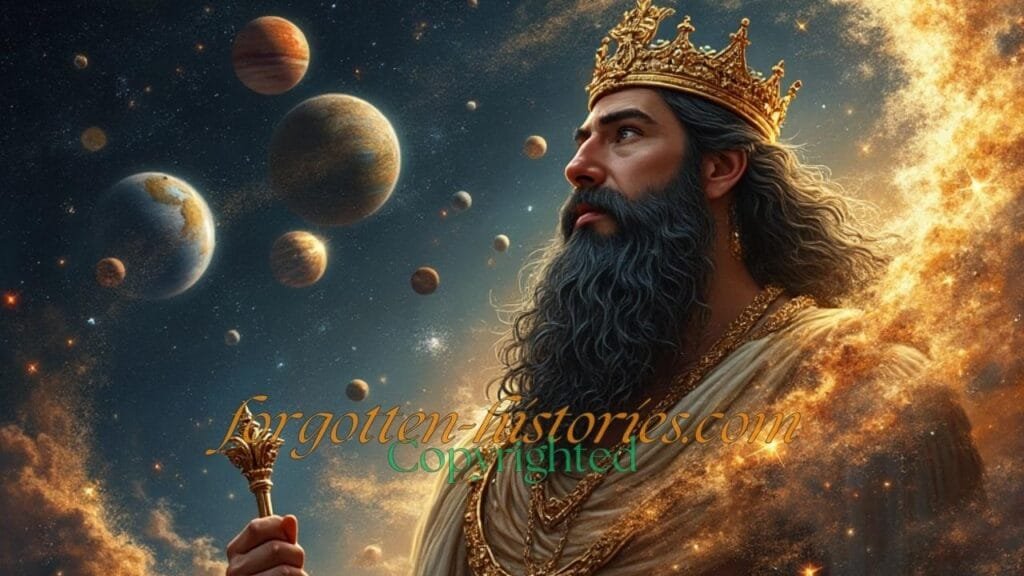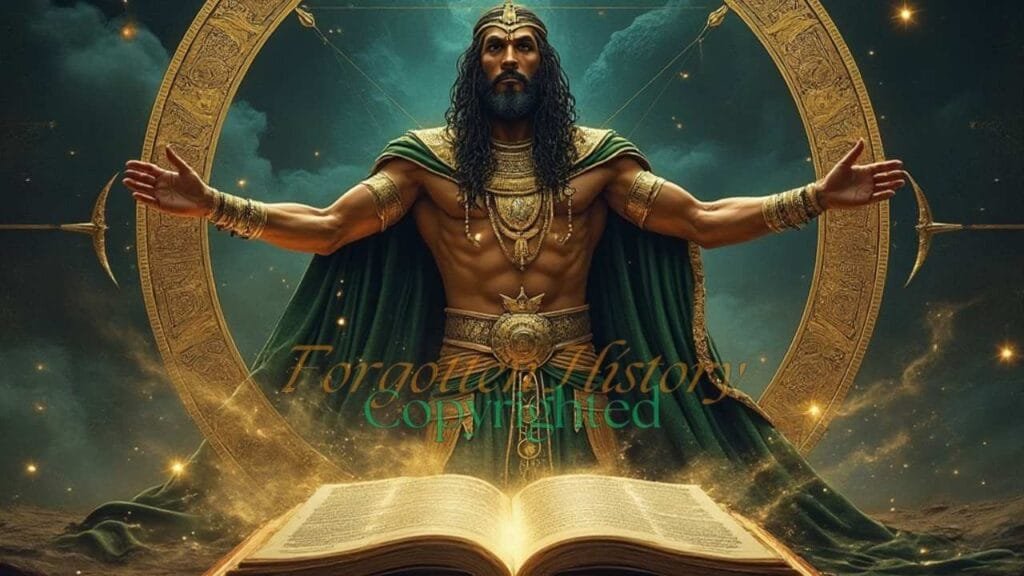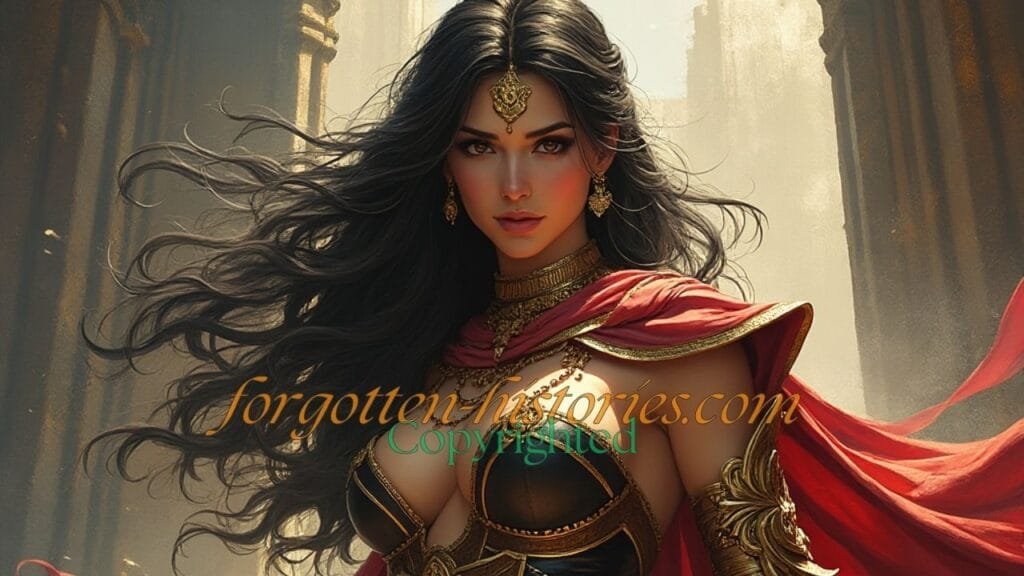Frequently Asked Questions (FAQ)
What is Anu the god of?
Anu is the god of the sky and the King of the Gods in Sumerian and Mesopotamian mythology. He represents cosmic order, divine justice, and the governance of the heavens.
Did Anu create Enkidu?
Yes, Anu played a role in creating Enkidu in the Epic of Gilgamesh. However, some texts suggest that Enki had a hand in Enkidu’s creation as well.
Does Anu make Gilgamesh a god?
No, Anu does not make Gilgamesh a god. However, he does have a role in granting him immortality after Gilgamesh’s adventures, showcasing his power to determine the fate of mortals.
Who Was Anu? The Sumerian King of the Gods

Anu was a prominent deity in Mesopotamian mythology. Known as the god of the sky and the King of the anunnaki Gods, Anu played a vital role in maintaining the cosmos. He ruled both the heavens and the Earth, embodying divine power. His influence governed natural forces and the order of the universe. For centuries, the Sumerians worshiped him, considering him central to the creation and upkeep of the world.
Anu’s Origins and Role in Creation
Anu’s origins trace back to ancient Mesopotamian culture. As the embodiment of the sky, he represented the celestial forces that controlled the universe. Sumerians viewed him as the father of all gods, governing the heavens. Anu’s domain was vast, extending far beyond mortal reach. His power stretched across both the divine and human realms.
Anu’s role was essential in creation myths. Some texts say he worked with his sons, Enlil and Enki, to create the world. Enlil shaped the Earth’s physical laws, while Enki shaped humanity and water. However, Anu remained the supreme authority. His influence spanned the divine hierarchy, making him the ultimate ruler of all.
Anu’s Family and Relationships

Anu’s family formed the core of the Mesopotamian pantheon. He married Antu, the goddess of the Earth. Together, they symbolized the union of heaven and Earth. Antu served as the mother goddess, complementing Anu’s fatherly role.
Anu’s children, Enlil and Enki, each had significant roles in shaping the world and humanity. Enlil, the god of air and storms, ruled over the Earth. He maintained natural order and controlled all living beings. Enki, the god of water and wisdom, protected humanity. He intervened to help humans overcome challenges.
Through his sons, Anu’s power extended to every aspect of life. While Enlil ruled Earth’s affairs, Anu’s authority remained in the heavens. Enki often showed compassion, but his actions still aligned with Anu’s will.
Some scholars speculate about connections between Anu and Thoth, the Egyptian god of wisdom. Both deities oversaw cosmic order and shared similar responsibilities. These parallel roles suggest a deeper commonality between their mythologies.
Anu’s Influence on Mesopotamian Society
Anu’s influence went beyond religion and myths. His power impacted political systems. Kings invoked Anu’s name to legitimize their rule. They believed that Anu’s divine authority granted them the right to govern. The connection to Anu gave rulers the strength they needed to lead.
Rulers built temples dedicated to Anu, seeking his blessings for prosperity. These temples served as symbols of divine authority. The ziggurats, large stepped pyramids built for gods, often honored Anu. The grandeur of these structures reflected the ruler’s divine backing.
Anu’s influence extended to the structure of government. Kings became not only political leaders but also divine representatives on Earth. This divine right to rule, granted by Anu, ensured the stability of Mesopotamian society for centuries.
Anu and the Epic of Gilgamesh
Anu plays a key role in The Epic of Gilgamesh, one of the oldest literary works. Although Anu doesn’t engage directly with Gilgamesh, his influence shapes the events of the story.
In the Epic of Gilgamesh, Anu commands the creation of Enkidu, a wild man living in the forest. Anu orders Enkidu’s creation as a counterbalance to Gilgamesh, who becomes arrogant and overbearing as king of Uruk.
Anu also plays a crucial role when Gilgamesh and Enkidu anger the gods by killing the Bull of Heaven. While Anu does not intervene directly, his actions lead to the tragic consequences faced by the heroes. This helps push Gilgamesh toward his quest for immortality.
Anu’s role in the epic shows how gods indirectly shape mortal lives. His decisions set the stage for Gilgamesh’s personal growth and the realization of human mortality.
Who Was Anu Symbols and Depictions?
Anu is depicted wearing a horned crown, signifying his divine authority. The horned crown marked him as the supreme ruler of the heavens, emphasizing his power. Anu also had a beard, symbolizing wisdom and maturity.
In art, Anu was shown sitting on a throne, illustrating his position as the King of the Gods. His stature was often exaggerated, reflecting his immense power. Anu’s symbols also included celestial bodies such as the sun, stars, and moon, further reinforcing his dominion over the skies.

Though Anu was the highest god, depictions of him were somewhat minimal. Unlike more active gods like Enki or Ishtar (seen above), Anu’s role was more abstract. His imagery focused on his celestial nature, reflecting his control over unseen cosmic forces.
Anu’s Legacy
Anu’s legacy endures through the myths, stories, and rituals of ancient Mesopotamia. His influence extended to both politics and religion. Anu was central to the belief in the divine right to rule. Kings considered themselves as Anu’s earthly representatives, carrying out his will on Earth.
The reverence for Anu extended beyond religious rites. It shaped the political systems that governed society. Rulers sought Anu’s favor, believing his divine authority ensured their rule was justified. Anu’s temples and rituals served to reinforce this divine connection.
Anu’s influence continued for centuries. Even today, scholars recognize his impact on early human civilization. His role as the ultimate authority over the heavens and Earth remains a powerful symbol of divine rule.
Conclusion
Anu was the King of the Gods and the god of the sky. His role in Mesopotamian mythology was immense. As the father of Enlil and Enki, Anu’s influence stretched across creation. He shaped both the divine and mortal worlds, ensuring cosmic balance. Anu’s legacy continues to resonate through the ages, with his power as the supreme celestial ruler remaining central to Mesopotamian culture.